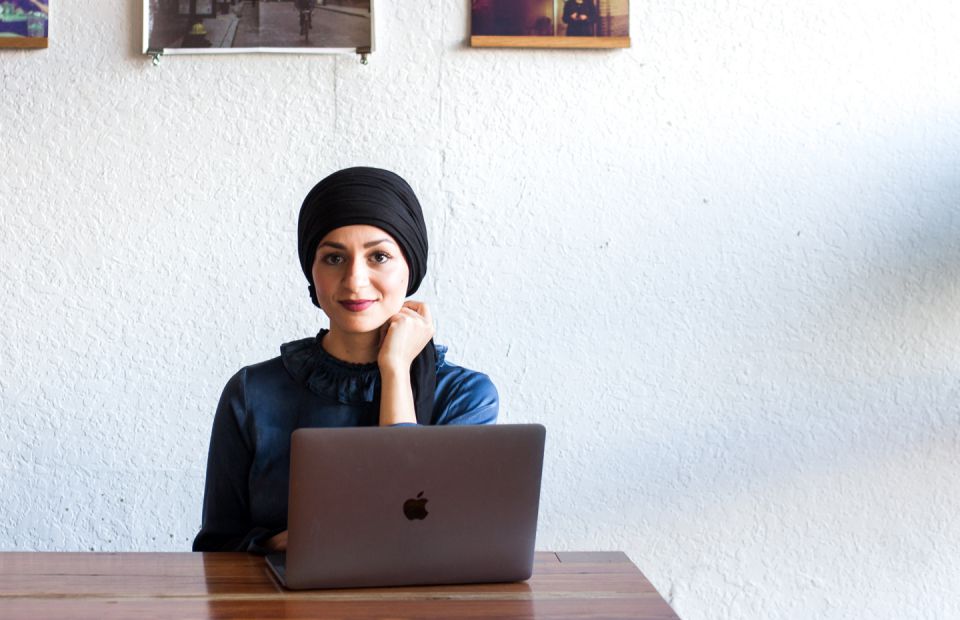I first came across Noor Elkhaldi’s name on one of my favorite blogs, Into The Gloss. She’d been interviewed about her favorite beauty products, and initially, her tips caught my eye because we share a lot of the same taste (see the last few questions here—that red lip stain is life). But what kept me reading until the end, then immediately seek her out for an interview with Career Contessa, was how open, confident, and collected she seemed given her career path. It seemed superhuman.
See, Noor is a Special Victims Unit Counselor for the State Attorney’s Office in Orlando. It’s challenging to think of a more difficult or heart-wrenching job, and yet, Noor walks into the office every day. She—and countless counselors like her—help women (and men) when they’re facing realities that feel more like nightmares. It’s her job to face indescribable pain and find ways to help victims start the process of healing.
And it’s a job that Noor faces with aplomb. She’s unapologetic about the fact that she’s chosen to follow her calling and dedicate her time to work that matters. Always drawn to counseling, she’s actually taken time off from pursuing her graduate degree because she felt she needed to dedicate herself full-time to her work in the SVU. Still, that doesn’t stop her from planning her return to school or from running a hugely successful fashion blog and Instagram account on the side.
The term “multi-hyphenate” really comes up lacking when considering Noor’s work and life, and that’s a pretty great thing.
Tell us a bit about how and where you grew up. How did that influence your career direction?
I was born in Florida. I lived there until I was about 7 years old, then moved to Kuala Lumper, Malaysia.
We moved to Malaysia because my mother was working on establishing an international school and university there. I lived in Malaysia for four years, then moved to the United Arab Emirates (my mom was offered a position as the dean of the College of Education at a university and was working on curriculum development, as well as publishing a textbook) until I graduated from high school. Once I graduated, I moved back to the States to go to college.
I definitely think living abroad has taught me how to adapt to change quickly, and also just generally helped me be a more cultured individual.
Who were some of the most influential people in your childhood/early life?
My mother was extremely influential in my life. She was a doting mother of six, a loving wife has three masters’ degrees and a PHD, published countless books, and opened dozens of schools. She was like superwoman—nothing seemed impossible or out of reach. I also am the youngest of six, with four sisters, so I was not short on role models. My sisters taught me everything from the importance of moisturizing to being a strong independent woman.
What did you study in college, and when did you know you wanted to work as a counselor? What drew you to victim counseling in particular?
When I began undergrad, my major was Early Childhood Education. I knew I wanted to help people early on but wasn’t sure of my path. After a few semesters, I realized that I was fascinated by understanding human behavior, so I registered for a few psychology classes and quickly realized that it was the path I was meant to take.
I was a part-time counselor at a private school after graduation, and because I was only working part-time I had a lot of downtime, which I used to work on my personal style blog, but I still felt like I should be doing more.
My sister was a prosecutor at the time and mentioned that the State Attorney’s Office was looking for volunteers to help the Victim Counselors in the Special Victims Unit. I decided to apply to volunteer, and within a month, I was working there as a counselor for victims of Domestic Violence and Sex Crimes.
Tell us about the first job or jobs you had. What did you learn from them that you couldn’t have learned in school or elsewhere?
I didn’t start my first job until I graduated from college and started pursuing my master’s degree. Then I actually decided to take a break from my master’s degree to work full-time, and I don’t regret that decision at all. The knowledge I have gained with working with people as a counselor is invaluable. I have counseled people from all walks of life, and I’m better for it.

In addition to your day job, you run a fashion/beauty blog, YouTube channel, and have cultivated a huge Instagram following—when and where did you start this side project? And how do you fit it in with a full-time job?
I have been interested in fashion for as long as I can remember. I stumbled across my first fashion blog in 2006, and immediately loved the idea of a place where you can showcase your personal style. When I started my blog in 2014 it was strictly about fashion, but my love for skincare and beauty could not be contained and my followers seemed into it, so it was perfect. It’s challenging to work full time and blog, but I make it work because I truly enjoy it.
What does a typical day look like for you from alarm sounding to bed?
Morning: Alarm goes up at 6:45, snooze until 7:10. Frantically jump out of bed when I realize it is 7:10, rush to wash my face, brush my teeth, slap on my morning skincare products, give myself about 2 minutes to pick out an outfit for work while my creams sink into my skin. Once my outfit is laid out and my skin is prepped, I put on a little makeup to give my face some life, then I’m out the door. My morning commute isn’t very long, and I always make time to stop at Starbucks for a much-needed cinnamon dolce latte. My work schedule is constantly changing, some mornings I’m in court, and other mornings I’m working from my office.
Lunch: I rarely eat breakfast, so I’m usually starving by lunch time. I try to be responsible and pack a lunch, but this almost never happens, and so the daily lunch debate begins with my coworkers. Typically my lunch plans are dictated by how productive my morning was. The more work I got done, the more fun the lunch plans are. I like to reward myself for good behavior. I am lucky to work with people who I like spending time with, so going to lunch is a really nice midday treat.
Afternoon: My afternoons typically consist of either meeting with my victims in person or speaking to them over the phone. I also try to sneak in another coffee to keep myself functional and try to get as much work done before I leave for the day.
Evening: After work I’ll either head straight to yoga, meet with friends for dinner, or visit my nephew. When I have particularly stressful days and need to decompress, I’ll usually go home and try to read a book or put on a face mask and relax.
Night: I have a pretty strict in-bed-by-10 self-imposed curfew, so once I’m home from whatever I’m doing I’ll take a shower, do my nightly skincare rituals, make a cup of tea, and maybe watch a little Gilmore Girls in bed. I’m a huge fan of routines.
We find that it’s hard for women to talk about mistakes they’ve made in their careers, and we believe firmly that sharing those hard moments actually helps us grow professionally. Could you dare to tell us one of yours? How did you change because of it?
I think something I regret the most in my career is not always speaking up. I am a generally an introverted person and can sometimes come off as a little “shy.” I think it is important to constantly remind myself that sometimes I have to put myself in uncomfortable situations to say what I need to say to get things done. There have been several incidents where I wanted to say something but stayed silent instead. Pushing through that has been a challenge, but it has made me stronger and better at my job.
What’s the most rewarding thing about your job? What’s the hardest part? Anything about your day-to-day that would surprise us?
The hardest part of my job is seeing my victims suffering and feeling helpless. I think people are often surprised at how many people yell at me on a daily basis. Sometimes people need help, but they are just not ready to accept it, which leads to them being a little hostile. Still, the most rewarding part of my job is helping people in any way that I can. Whether that is providing them with support, empathy, or referring them to services that can help provide them with a place to sleep at night.
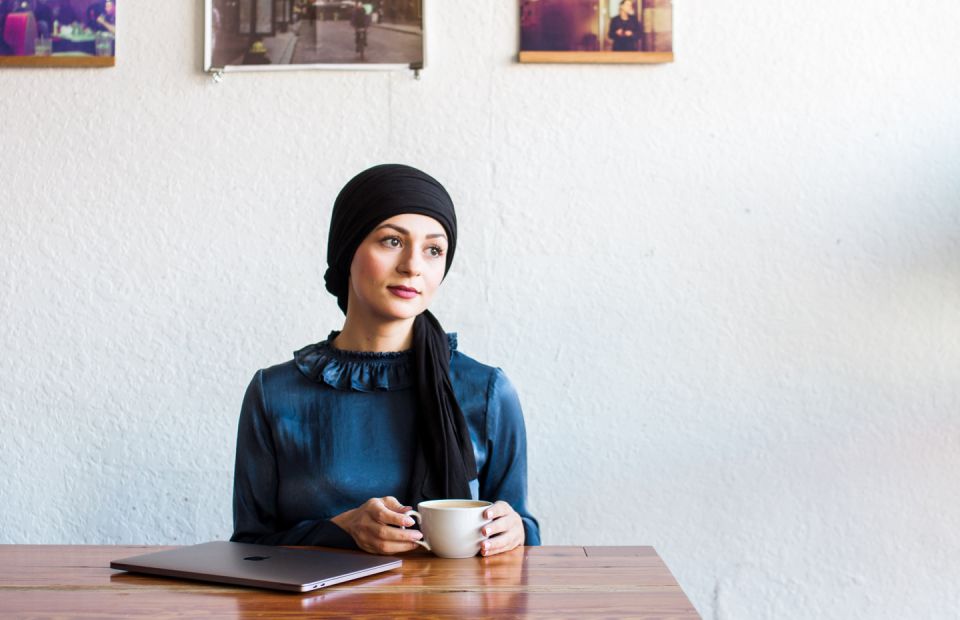
Self-care is an essential part of victim advocacy work—keeping yourself a healthy distance from the trauma you witness. How do you incorporate self-care into your life?
Certain cases completely consume me at times, and it’s hard to remove myself. I have recently started doing yoga, which is an incredible stress reliever. I love just giving myself a little me time every night, which typically consists of a long shower, a mask, and my standard nightly primping. Little things like massaging oil into my skin can be very therapeutic and calming. I firmly believe that you cannot care for others if you do not care for yourself. It’s extremely important for me to always find time to decompress in order to avoid burnout.
Have you ever encountered sexism, ageism, or bigotry in your work (or life)? How have you handled these instances? How do you move past them? What’s your best advice for another woman who experiences a situation such as these?
I am grateful to have never really experienced any of those things in my work or personal life. The only instance I can think of is being told to “go back to your (my) country” years ago, and I remember just laughing because I was born here. My best advice for other woman experiencing any form of intolerance would be to just remind yourself that you know who you are, and no one can tell you otherwise. My heart truly aches for people who allow hate to consume them, I wish they knew how much lighter and happier they would be without it.
With expanded discussion in traditional and social media about rape, especially campus rape, in the past couple of years, do you think that the needle has moved toward supporting victims? How can we as women best provide support for the work that you do?
I absolutely think it has, but there is still so much more work to be done. I think the easiest thing that women can do to support victims of rape is to understand that it can happen to anyone. No one deserves to be sexually assaulted. Being a rape victim is in no way a reflection of who people are. So many victims do not want to come forward because they are afraid to be judged, or worse, be called a liar. We need to learn to support these strong women and men who are brave enough to come forward.
And finally, what do you wake up looking forward to? What’s next for your career?
I wake up looking forward to coffee (laughs). The next step for my career is definitely completing my master’s degree, and continuing down the path of helping those who need it most. I would also love to explore a little further in the world of fashion and beauty, it’s such a fun part of my life.
You May Also Like
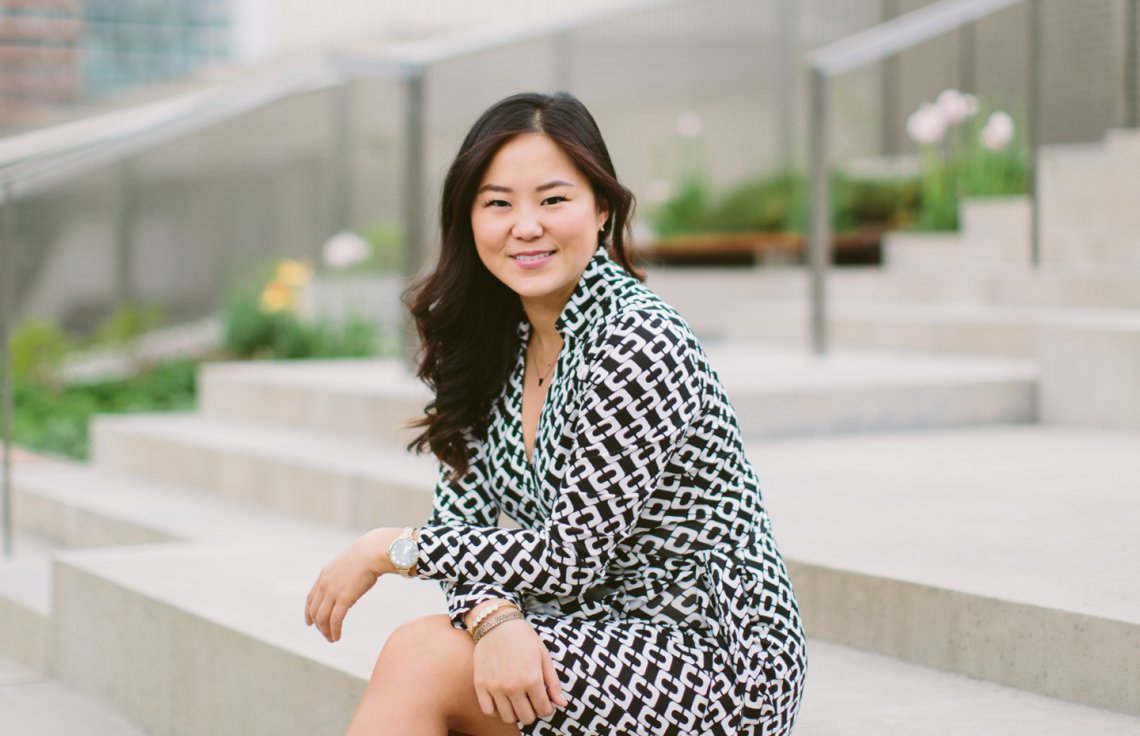
Government + Public Policy
How to Become a Foreign Service Officer
Ever wondered what it would be like to work in Foreign Affairs? Gloria Chou knows, and she's spilling.
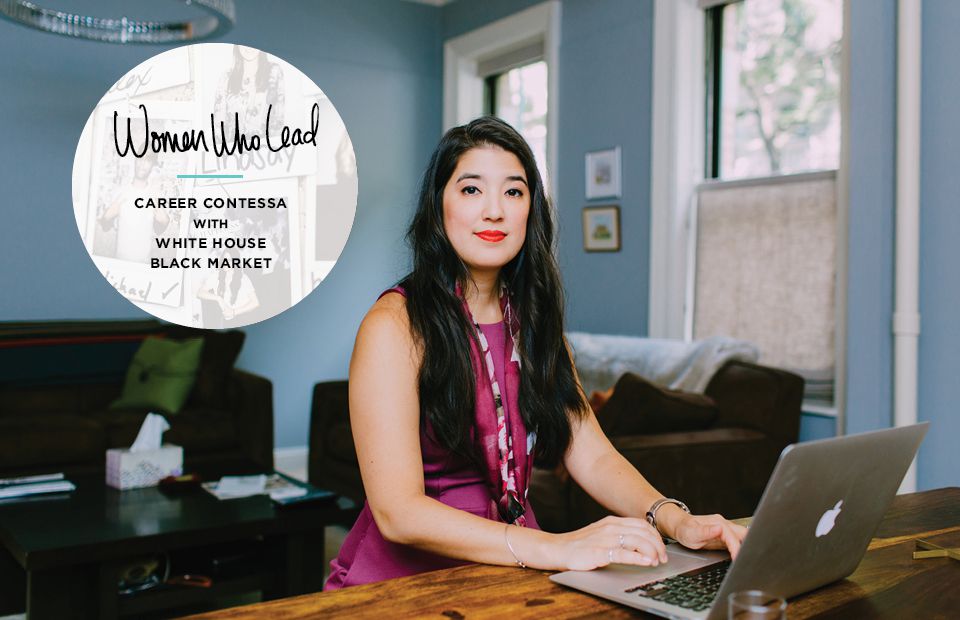
Consumer Services, Education, Finance
Women Who Lead: Alexandra Dickinson, Founder and CEO of Ask For It
On taking risks and asking for more—always.
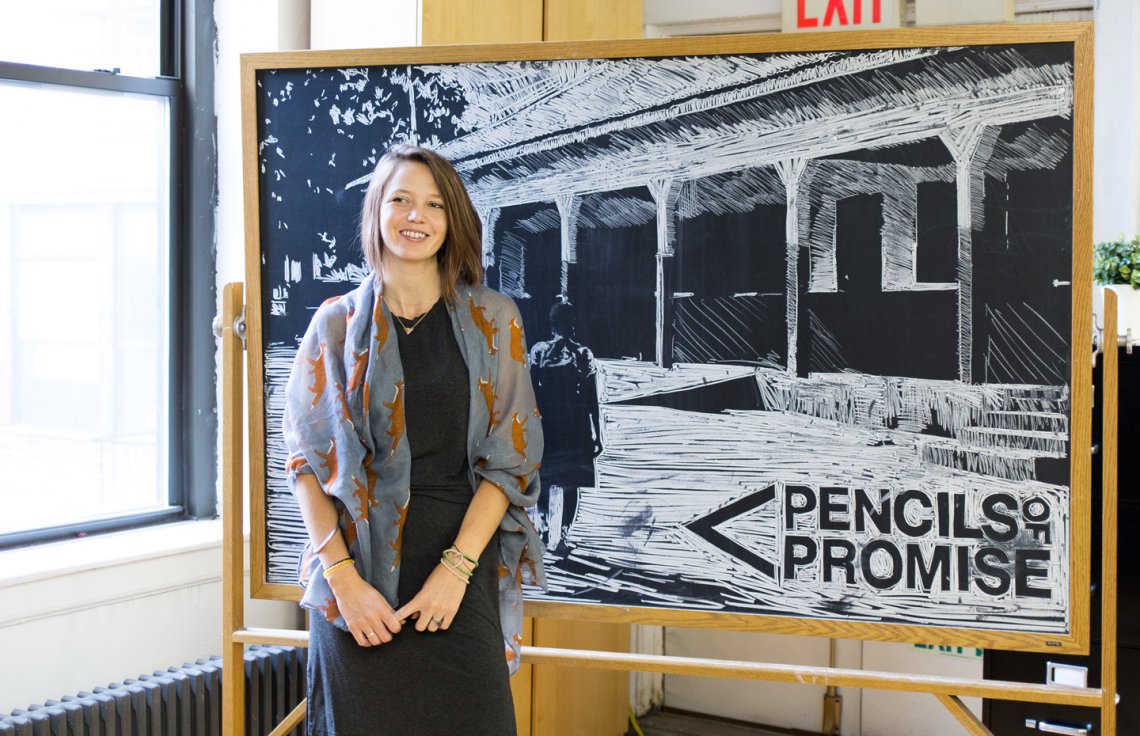
Nonprofit, Social Responsibility
Leslie Engle Young on What a Director of Impact Actually Does
This philanthropic globetrotter found her dream career working at Pencils of Promise.
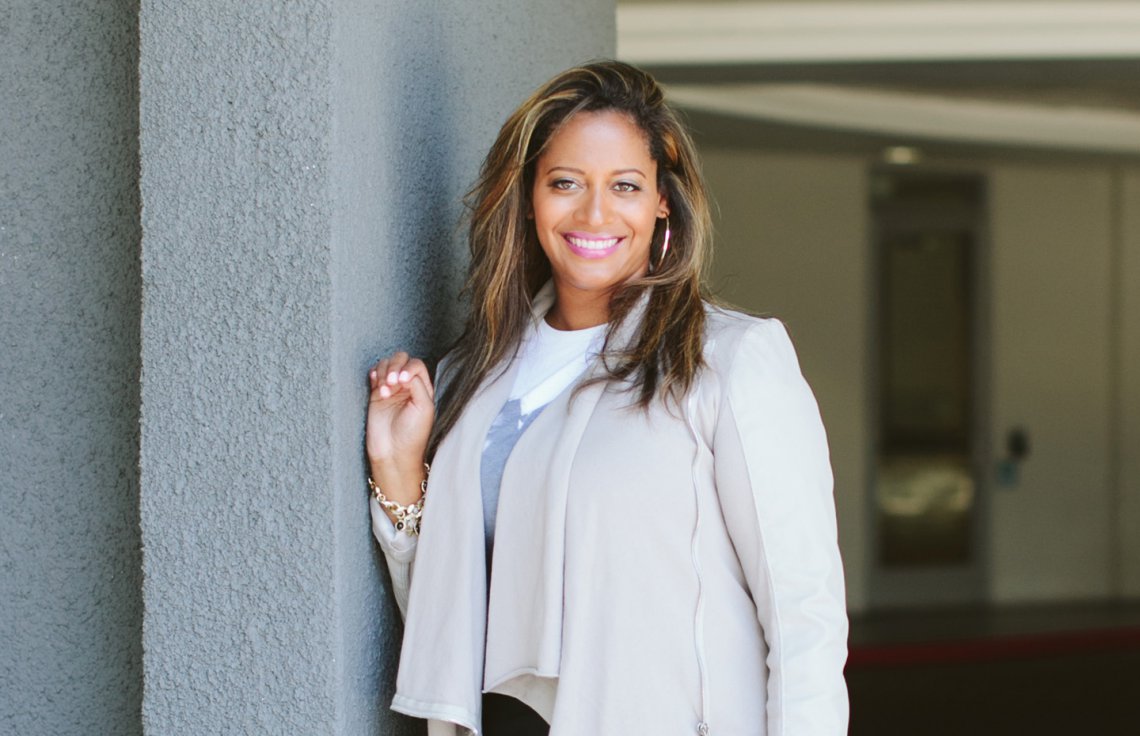
Entertainment, Government + Public Policy
Meet the Woman Behind Your Favorite T.V.
See how Candace's legal background has helped her climb the ladder to a director role at Sony Pictures.
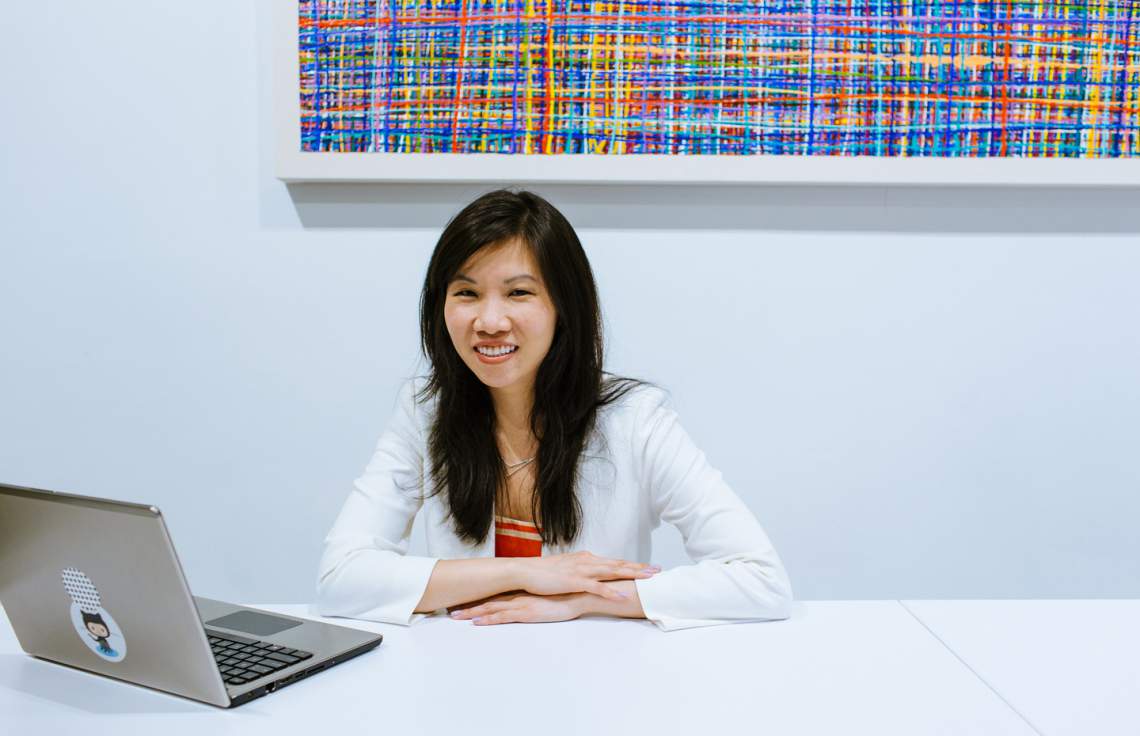
Government + Public Policy
This Millennial Entrepreneur Talks Politics, Activism, and...How to Vote?
Election season's almost over, but Maria Yuan's company, IssueVoter, is just getting started.

Nonprofit, Social Responsibility
The Forbes 30 Under 30 Recipient with a Simple Mission: End Hunger
The non-profit founder talks shaking hands with Barack Obama and why knowing other badass business women changes everything.
Get the Best Career Advice Delivered To Your Inbox
Join our newsletter to stay in the loop.
